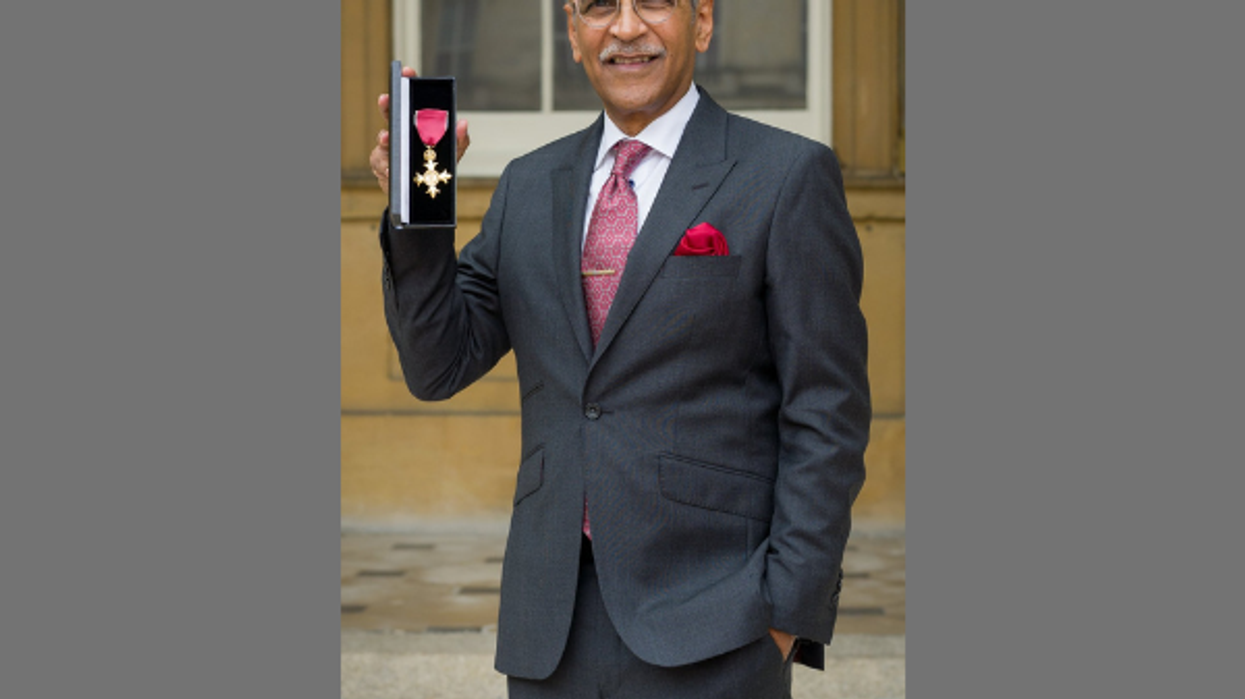Dr Mahendra Patel, a pharmacist from Btradford, collected on October 12 his OBE at a historic investiture ceremony at Buckingham Palace, the first to take place since the passing of Queen Elizabeth II on September 8.
Anne, Princess Royal, the ceremony's host, honoured Patel. The renowned pharmacist was awarded the OBE in the New Year’s Honours List for his enormous services to pharmacy. His certificate for services was signed by the late Queen.
Among Dr Patel's contributions are improvements to Type-2 diabetes prevention among South Asians; helping the National Health Service save millions of pounds from being spent on wasted medicine; developing drug treatment to prevent hospitalisation from Covid-19 infection; etc, Telegraph and Argus reported.
The professor said in a humble tone, “This award is not just for me but for all those wonderful people around me, including the organisations and institutions that I have worked with over many years, that have allowed me to help make a difference to many, especially around improving health and health inequalities. I am very grateful, above all, for the support of my family and their perseverance with me.
"Coming as a complete stranger from outside into the world’s number one university and research platform, and being able to hold a national role alongside a team of highly skilled and motivated professionals has been incredible. We have one common aim — striving to help make a difference through improving health outcomes, not just in this country, but internationally," he added.
Patel, a Fellow of the Royal Pharmaceutical Society, has been instrumental in ensuring appropriate participant diversity and representation across the PANORAMIC and PRINCIPLE trials -- run by Oxford University. Both of them have been led with a sharp focus on diversity and inclusion, through developing grassroots partnerships with multiple groups within Britain.
The PANORAMIC and PRINCIPLE teams congratulated Professor Patel for his feat.
When he was asked what message he would share to young generations growing up in Bradford, Patel was quoted as saying by Telegraph and Argus, “You’ve just got to go with the belief in your heart - motivation, passion and determination to do it as fairly as possible. It’s about bringing people with you, rather than leaving people behind."




